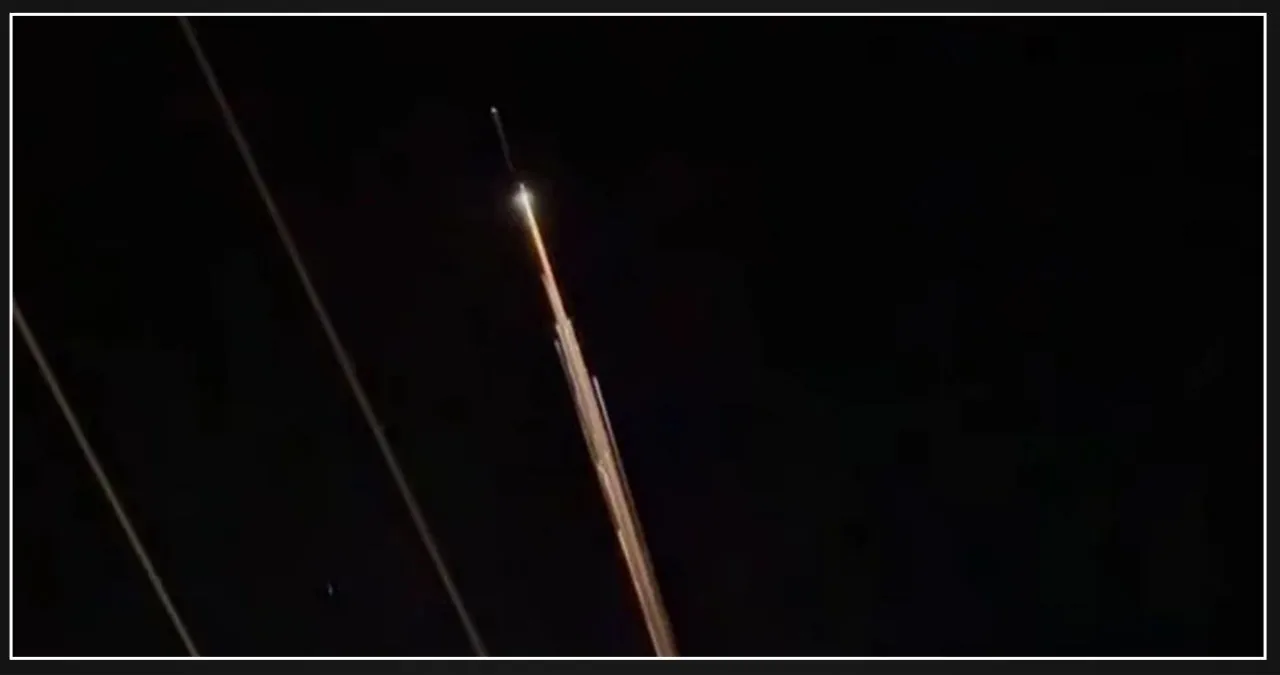Late Saturday night, residents in Louisiana, Mississippi, Arkansas, and Alabama were treated to an awe-inspiring celestial spectacle. They witnessed bright, slow-moving objects streaking across the night sky. This stunning display was caused by the reentry of a Chinese satellite.
At approximately 10:08 PM CST, the commercial imaging satellite GaoJing 1-02 (SuperView-1), operated by Beijing-based SpaceView, disintegrated upon reentry into Earth’s atmosphere above New Orleans. The satellite, which was initially launched on December 28, 2016, garnered significant attention as it made its way northbound towards Mississippi, Arkansas, and Missouri.
Astronomer Jonathan McDowell has confirmed that the space debris, known as GaoJing 1-02, has been inactive since January 2023 and its reentry into the Earth’s atmosphere was uncontrolled. McDowell explained that although they were aware of its descent, they could only estimate its timing with an accuracy of ±2 hours, making it uncertain where it would land. The debris was initially mistaken for a meteor due to its slow trajectory and bright appearance.
Videos and photos of the event quickly flooded social media platforms, captivating users who were filled with awe and curiosity. Many people were fortunate enough to witness the sighting firsthand and shared their experiences online.
Last month, the sky over North Texas was illuminated by a fireball, which was later identified as a SpaceX Starlink satellite launched in 2022. This event is just one example of the increasing number of re-entry events occurring worldwide, reflecting the growing human presence and activities in space.
The Chinese satellite’s reentry showcased a stunning spectacle, serving as a timely reminder of the persistent existence of space debris and its occasional breathtaking descent back to Earth.
If you happened to miss out on witnessing this extraordinary celestial event, make sure to keep an attentive gaze directed towards the vast expanse of the sky. Given the growing activity in space, it is highly probable that we will be blessed with more breathtaking spectacles in the near future.







Leave a Reply